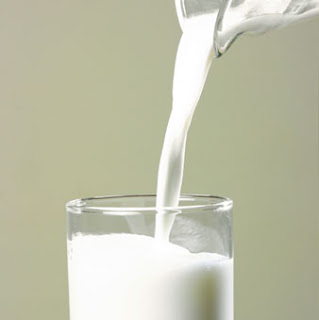Hormones and antibiotics in dairy, poultry and meat.
The hormones in dairy, meat, and poultry raise estrogen levels, which can cause you to hold onto body fat.
Milk contains ‘insulin growth factor-1′ or IGF-1 which regulates cell growth and development. There is lots of IGF-1 in cow’s milk so that calves can grow fast.
Do we need to grow fast as well? How fast? How does it affect us? How does it affect my kids? do they need to regulate their cells growth and development?
So what is this IGF-1 hormone does to you?
to know more about IGF-1 – CLICK HERE
1. stimulates cell division and retards cell death. HELPS TO GROW CANCER.
2. increases insulin levels
3. IGF-1 stimulates an enzyme called 5alpha-reductase. 5alpha-reductase in turn stimulates the production of DHT (dihydrotestosterone). DHT is thought to be the number one cause of acne and hair loss.
MORE SCIENCE FACTS ON DHT HERE
4. stimulates production of male hormones in your ovaries.
5. Milk has another problematic compound called 5alpha-P. 5alpha-P is converted into DHT, which in turn worsens acne and hair loss.
MEAT
There are six different kinds of steroid hormones approved by FDA for food production: estradiol, progesterone, testosterone, zeranol, trenbolone acetate, and melengestrol acetate. Federal regulations allow these hormones to be used on growing cattle and sheep, but not on poultry or pigs. Why? The six hormones are not as useful in increasing weight gain of poultry or hogs.











